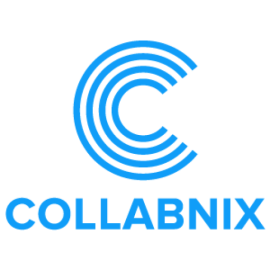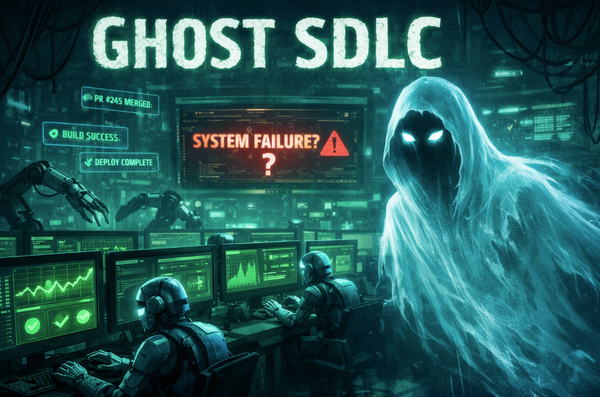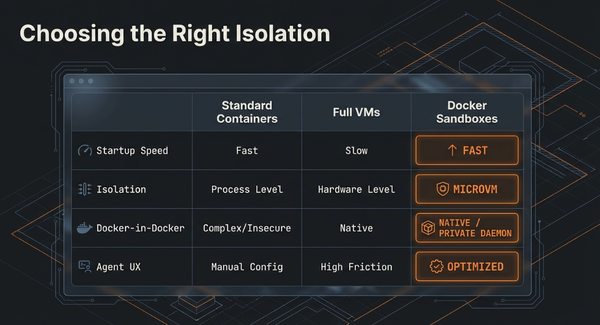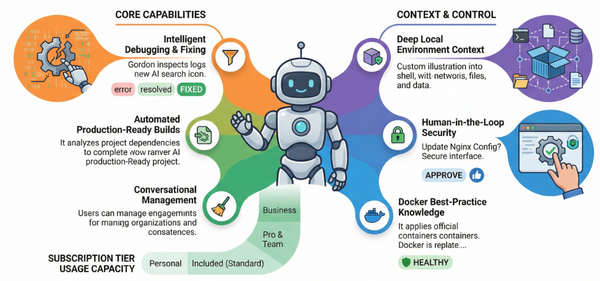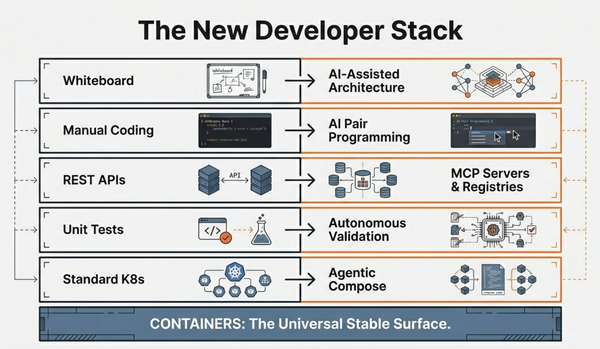MCP vs RAG: Two Different Ways to Make AI Smarter
Confused about MCP vs RAG? You're not alone. These two AI technologies are transforming how we make language models smarter, but they work in completely different ways.
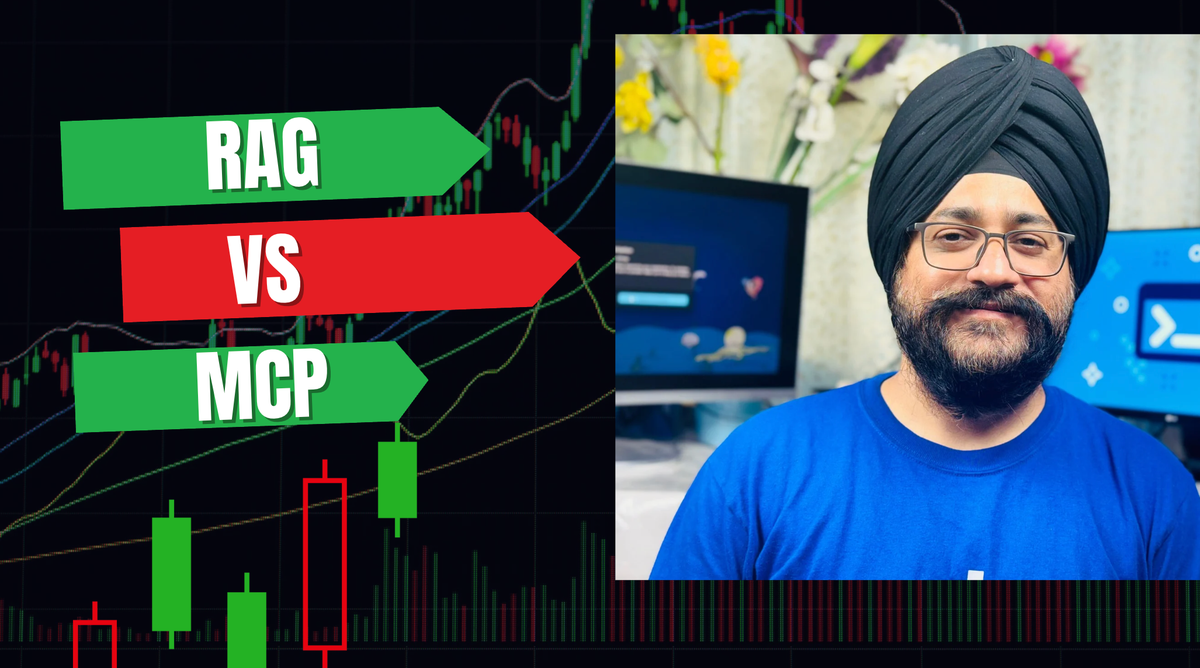
If you've been following the AI world lately, you've probably heard about different ways to make large language models (LLMs) more useful and accurate. Two approaches that often get mentioned are Model Context Protocol (MCP) and Retrieval-Augmented Generation (RAG). But what's the difference, and when should you use each one?
Let's break it down in simple terms.
What is RAG?
Think of RAG like giving your AI assistant a really good search engine and a library card.

When you ask a question, RAG works like this:
- Search first: Before the AI answers, it searches through a knowledge base or document collection
- Retrieve relevant info: It pulls out the most relevant information related to your question
- Generate with context: The AI then uses both its training and the retrieved information to give you a better, more accurate answer
Example: You ask "What were our Q3 sales numbers?" RAG would search your company's documents, find the Q3 report, and then use that data to answer your question accurately.
RAG is fantastic for reducing those embarrassing moments when AI "hallucinates" (makes up facts that sound plausible but are completely wrong).
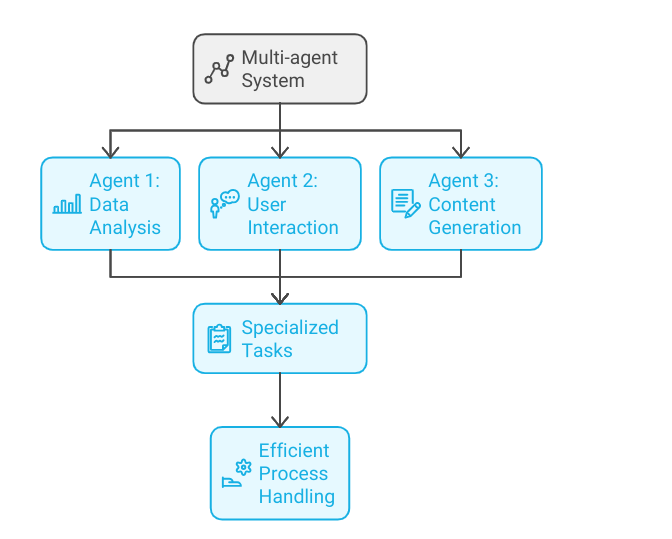
What is MCP?
MCP is like giving your AI assistant not just access to information, but also the ability to actually do things in the real world.

While RAG says "Let me look that up for you," MCP says "Let me look that up and take action on it."
Here's how MCP works:
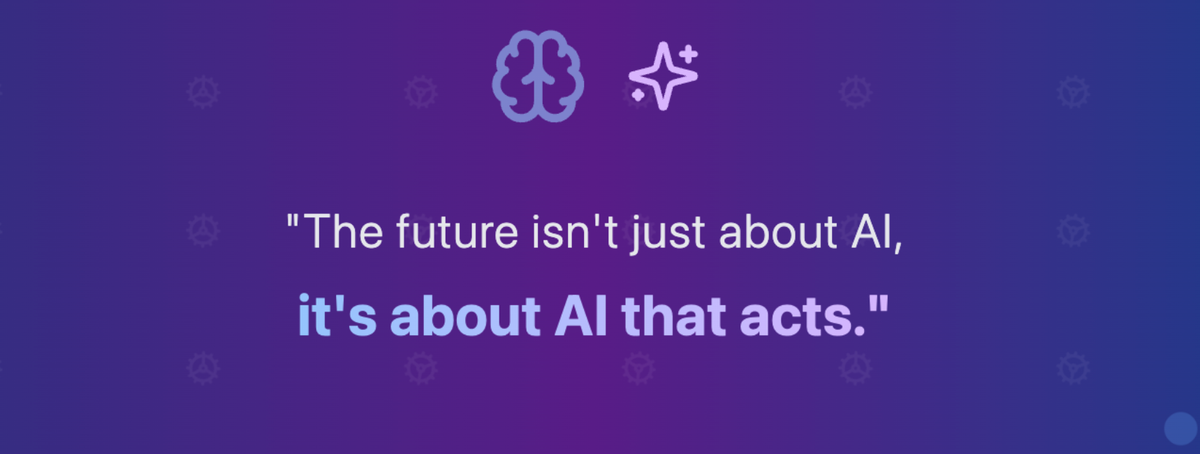
- Connects to tools: Your AI can access databases, email systems, calendars, and other software
- Takes actions: It doesn't just read information—it can update records, send emails, book meetings
- Works in real-time: It can get the most current information and make changes as needed
Example: You say "Find our latest sales report and email it to my manager." MCP would:
- Search your database for the report
- Retrieve the latest version
- Compose and send an email to your manager
- Confirm the task is complete
The Key Differences

| Aspect | RAG | MCP |
|---|---|---|
| Main job | Make answers more accurate with better information | Enable AI to interact with and control external systems |
| What it does | Searches and retrieves information | Searches, retrieves, and takes actions |
| Best for | Answering questions accurately | Completing tasks and automating workflows |
| Think of it as | A super-smart librarian | A capable personal assistant |
Real-World Examples
RAG in action:
- A customer service chatbot that can access your company's FAQ database to give accurate answers
- A research assistant that can search through thousands of academic papers to answer your questions
- A content creator that uses your company's style guide to write on-brand content
MCP in action:
- An AI that can check your calendar, find free time, and automatically schedule meetings
- A system that monitors your inventory, identifies low stock, and automatically reorders supplies
- An assistant that can analyze your CRM data and update customer records based on new interactions
When Should You Use Which?
Choose RAG when:
- You want more accurate, fact-based responses
- You have a large knowledge base you want AI to search through
- Your main goal is better information retrieval
- You need to reduce AI hallucinations
Choose MCP when:
- You want AI to actually perform tasks, not just answer questions
- You need real-time data and actions
- You want to automate workflows across multiple systems
- You're building AI agents that need to interact with the world
The Bottom Line
RAG and MCP aren't necessarily competitors—they solve different problems. RAG makes AI smarter by giving it better access to information. MCP makes AI more useful by letting it take action on that information.
In fact, many advanced AI systems use both approaches together. They use RAG to ensure accurate information retrieval and MCP to enable real-world actions based on that information.
The choice between them depends on what you're trying to achieve: Do you want an AI that knows more, or an AI that can do more? Or better yet, why not have both?
